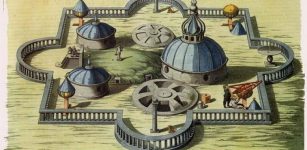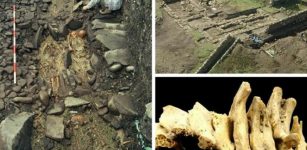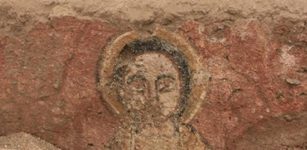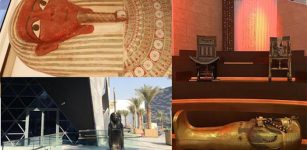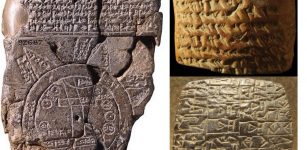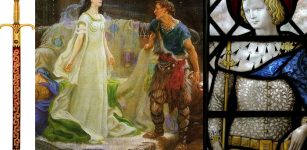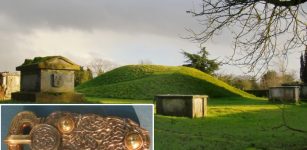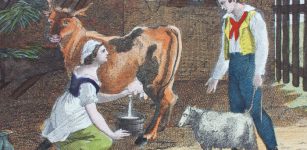On This Day In History: Britain’s Greatest War-Time Leader Winston Churchill Died In London – On Jan 24, 1965
AncientPages.com - On January 24, 1965, Britain's greatest war-time leader Winston Churchill died in London.
Born at Blenheim Palace in Oxfordshire, in 1874, Churchill joined the British Fourth Hussars, after his father's death in 1895. He did not succeed very well at school so he was sent into the Army, where he served in a cavalry regiment.
Winston Churchill with American generals on a balcony watching Allied vehicles crossing the Rhine. 25 March 1945 - Image credit: Common Good - CC0 1.0
After leaving the Army he became a Member of Parliament and began to write books. As a special correspondent for the "Morning Post", he was sent to South Africa to cover the Boer War (1899 - 1902) and was taken prisoner in 1899. Churchill managed to escape and returned to England.
In 1904, he joined the Liberals, serving in a number of important posts before being appointed Britain's first lord of the admiralty in 1911, where he worked to bring the British navy to a readiness for the war that he foresaw.
In 1915, in the second year of World War I, Churchill was held responsible for the disastrous Dardanelles and Gallipoli campaigns, and he was excluded from the war coalition government.
Two years later, he returned to politics as a cabinet member in the Liberal government of Lloyd George.
After the outbreak of World War II in Europe, Churchill was called back to his post as the first lord of the admiralty and eight months later replaced the ineffectual Neville Chamberlain as prime minister of a new coalition government.
In the first year of his administration, Britain stood alone against Nazi Germany, but Churchill promised his country and the world that the British people would "never surrender."
He rallied the British people to a resolute resistance and expertly orchestrated Franklin D. Roosevelt and Joseph Stalin into an alliance that crushed the Axis. His oratory during the Second World War and determination to defeat Hitler and the Nazis is famous.
In 1951, Churchill was again elected prime minister. Two years later, he was awarded the Nobel Prize in Literature for his six-volume historical study of World War II and for his political speeches; he was also knighted by Queen Elizabeth II.
In 1955, he retired as prime minister but remained in Parliament until 1964, the year before his death.
AncientPages.com
Expand for references

